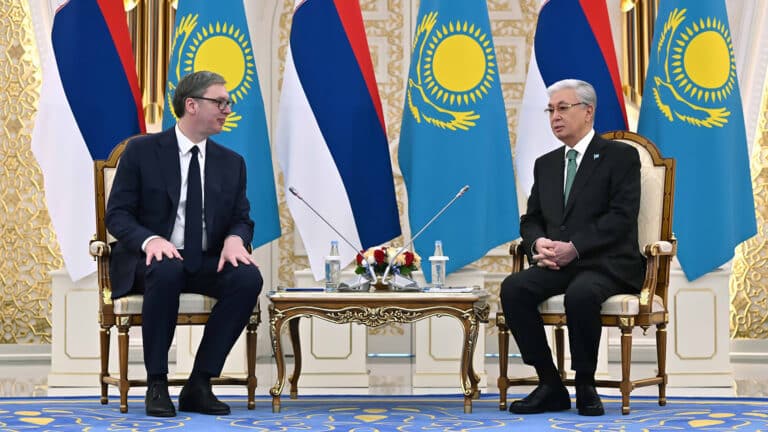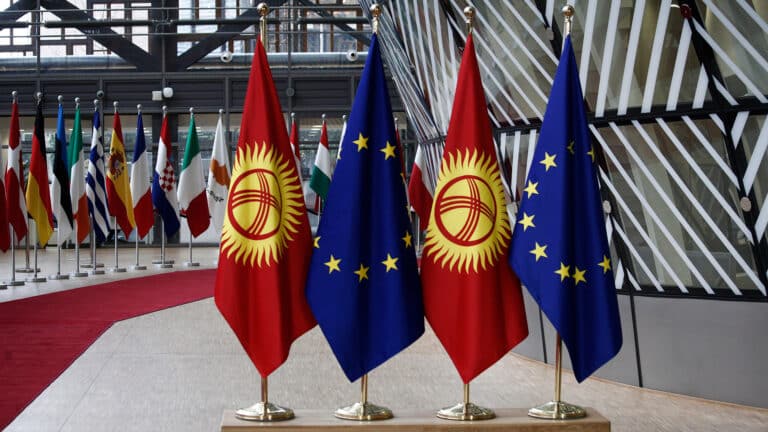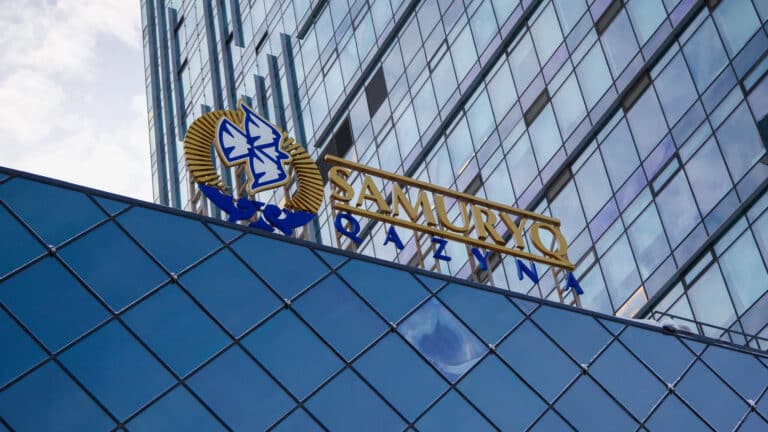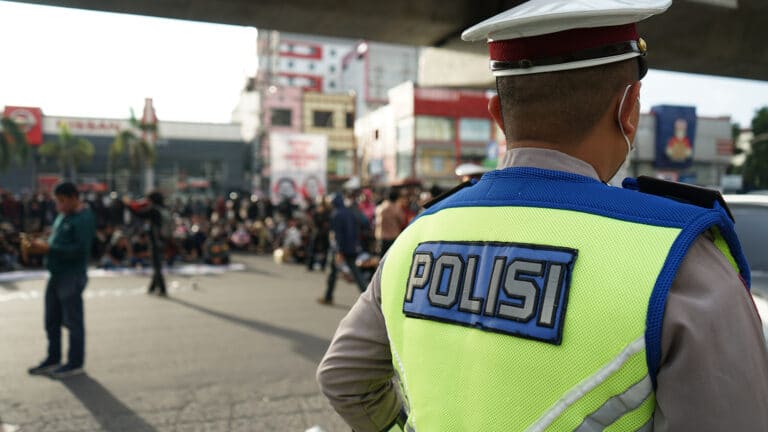
Over the period from January to April this year, Kazakhstan received more revenue from exports to Russia than over the same period last year. According to the Bureau of National Statistics (BNS), the amount of these exports reached $3.2 billion in terms of money.
Such a significant increase in exports to Russia is due to geopolitics. It’s no surprise that the U.S. has noticed the increased flow of goods to Russia from Kazakhstan. About a year ago, the U.S. State Department issued a list of countries that turned out to be transshipment points for the export of sanctioned goods to Russia. Kazakhstan is on the list along with eighteen other countries.
Western governments have been keeping an eye on Kazakhstan’s relations with Russia since the very start of the war in Ukraine and even reminded the country’s government about the risk of secondary sanctions on a couple of occasions. In February 2023, the EU introduced the tenth package of sanctions against Russia in an attempt to restrict the export of sensitive double-use technologies and advanced technologies to this country. The EU has expressed its official position very clearly:
«The purpose of the tenth package of sanctions is to hit those who contribute to the continuation of this brutal war. We are taking additional measures affecting the banking sector, access to dual-use technologies and advanced technologies,» said EU High Representative for Foreign Affairs and Security Policy Josep Borrell.
The same message was delivered to top officials in Astana by Elizabeth Rosenberg, assistant secretary for terrorist financing and financial crimes at the U.S. Department of the Treasury. She reiterated that there are indeed some risks of secondary sanctions for Kazakhstan, especially when it comes to the export of computer chips and elements for integrated electronic systems.
The more money, the more problems…
Over the first four months of the current year, Kazakhstani exports to Russia grew in ter,s of money but shrank in terms of physical weight. In January-April 2023, the total weight of exports to Russia amounted to 9.6 million tons, which is a 23.7% decrease over the same period last year, according to the LS media outlet. These figures are probably a sign that Kazakhstan has taken Western cautions seriously and is quite thorough when it chooses which goods to sell or re-export to Russia. Both the BNS statistics and sources familiar with the situation are saying that this conclusion is correct.
…including problems with payment
Since the EU introduced its tenth package of sanctions, Russian companies are facing problems with banks in many countries, including Kazakhstan. For instance, commercial banks in Kazakhstan, Armenia and Hong Kong began to block payments for servers, microcircuits, processors, telecommunication equipment and other electronics, the Russian newspaper Kommersant wrote in early June.
According to the outlet’s sources, the ban covers a range of goods with code 8542 of the Foreign Economic Activity Commodity Nomenclature. This mainly includes processors and microcircuit, among others. The BNS statistics not only confirmed this information but showed that the situation had been developing for a while. For example, in April, Kazakhstan exported to Russia 67.9 tons of goods with code 8542 for $1.48 million in total, while in March this export was twice as big: $2.86 million worth 110.3 tons of goods. In other words, Kazakhstan reduced the export of electronics (microchips, etc.) by half month-on-month.
What banks stand for
According to the press service of Jusan Bank, the introduction of the tenth package of sanctions affected the bank «quite seriously.»
«In order to eliminate the risk of secondary sanctions, the bank has strengthened its monitoring of operations and transactions; it is striving to automatize all its processes, which raises the bank’s expenses. Jusan is also providing training for its personnel and talking to clients about new policies as the bank wants to improve its products with the help of risk management,» the bank said.
When asked whether the bank blocked the payment by Russian entities of any goods on the territory of Kazakhstan, Jusan replied that it had implemented some procedures that can identify sanctioned elements in any transaction or operation. This includes goods related to Western sanctions or dual-use goods, the bank’s press service highlighted.
BankCenter said that it doesn’t support transactions with sanctioned goods.
«As a bank, we are following international economic sanction regimes and we monitor all foreign economic contracts in order to prevent contracts with sanctioned goods from being processed,» the bank’s press service stated.
BCC also underlined that it complies with all international sanctions when it provides services to its clients or processes transactions.
«Lists of sanctioned goods are constantly updated and controlled by the bank,» the press service underlined.













